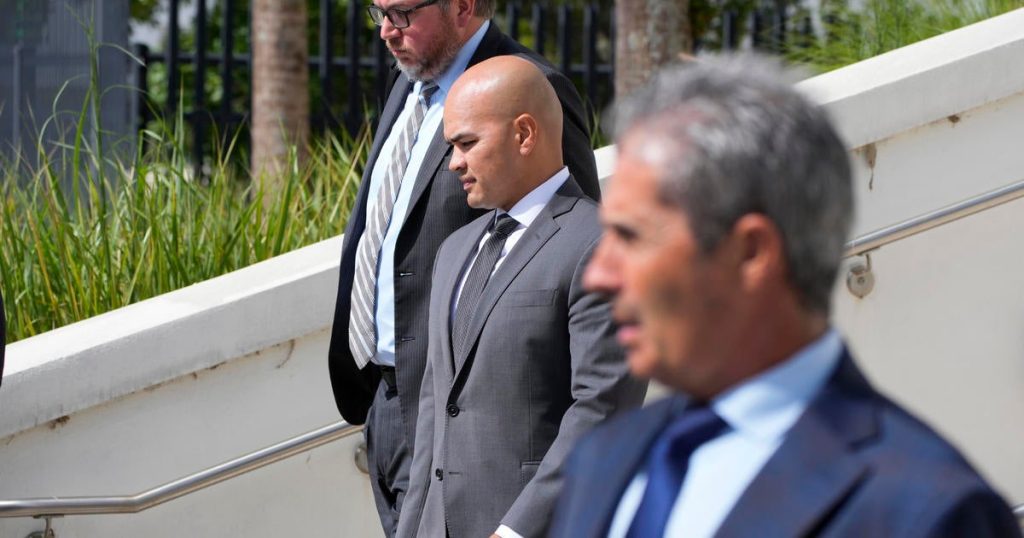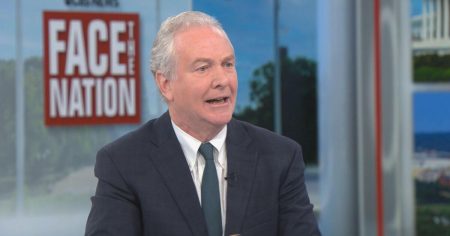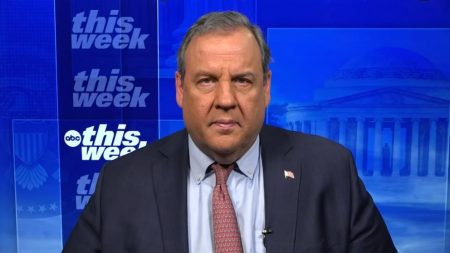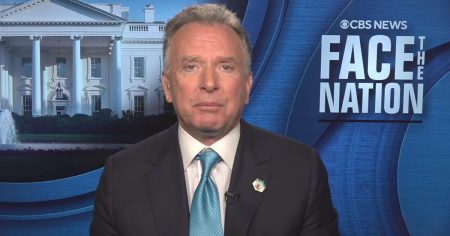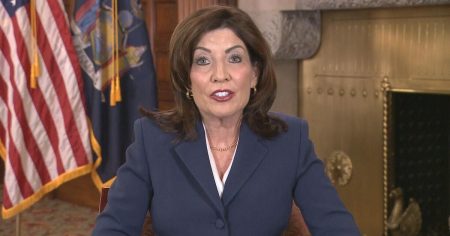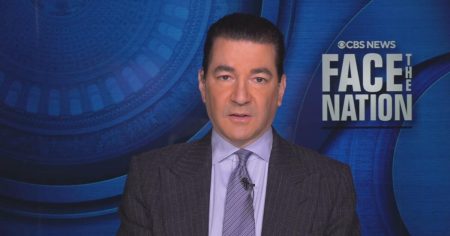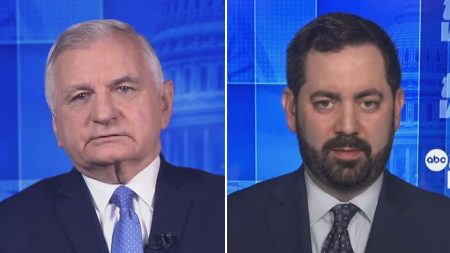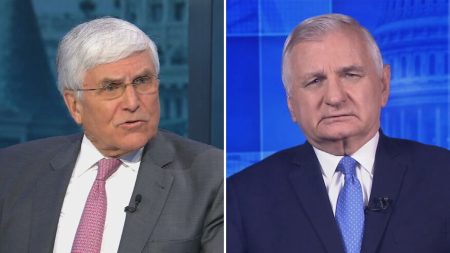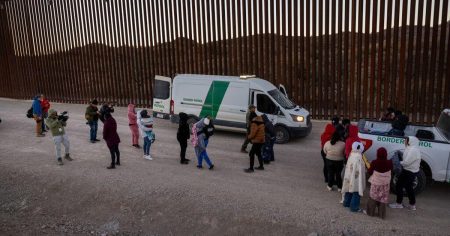Justice Department’s Dismissal of Prosecutors in Trump Probes: An Overview
Introduction
In recent developments, the Justice Department has dismissed over a dozen prosecutors involved in investigations into former President Donald Trump. This move comes as a federal appeals court dismissed a case against two of Trump’s associates, Walt Nauta and Carlos de Oliveira, marking the end of the last legal challenge stemming from Jack Smith’s investigations. This summary provides an in-depth look at these events, their implications, and the ongoing debates they have sparked.
The Federal Appeals Court’s Decision
A federal appeals court has dismissed the case against Walt Nauta and Carlos de Oliveira, bringing an end to the last remaining legal challenge from special counsel Jack Smith’s investigations. The dismissals were requested by the Justice Department, signaling a significant shift in the legal landscape surrounding Trump’s alleged handling of classified documents. This decision highlights the evolving nature of legal proceedings in high-profile cases and the complexities involved in prosecuting public figures.
Background on the Original Charges
The original charges against Trump, Nauta, and de Oliveira were brought by special counsel Jack Smith, who accused them of obstructing justice in the investigation into Trump’s handling of sensitive government documents after leaving office. The case centered on allegations that Trump unlawfully retained classified materials at his Mar-a-Lago resort and that his associates assisted in concealing evidence. These charges were part of a broader investigation into Trump’s post-presidency actions, underscoring the importance of accountability in public office.
Legal Challenges and Dismissal
The legal challenges faced by the case were significant. Initially dismissed by a district court on procedural grounds, the case was appealed, but the election of Trump and subsequent Justice Department policies led to its dismissal. The dismissal underscores the challenges in prosecuting a sitting president and the influence of political developments on legal proceedings. This turn of events has significant implications for how future investigations into high-ranking officials will be handled.
Implications for Trump and Ongoing Investigations
The dismissal of this case does not mark the end of Trump’s legal challenges, as other investigations continue. However, it does highlight the strategic and legal hurdles faced by prosecutors in pursuing cases against high-profile figures. Trump’s presidential status and the Justice Department’s policies on prosecuting a sitting president have added layers of complexity to these investigations, influencing both legal strategy and public perception.
Reactions and Ongoing Debates
The dismissal has sparked debates about justice, accountability, and the role of the Justice Department in investigating political leaders. Critics argue that dismissing these cases undermines accountability, while supporters view it as a necessary step to prevent politicization of the legal system. These debates reflect broader discussions about the balance between legal accountability and political influence in a democracy, raising essential questions about the future of justice in high-profile cases.





